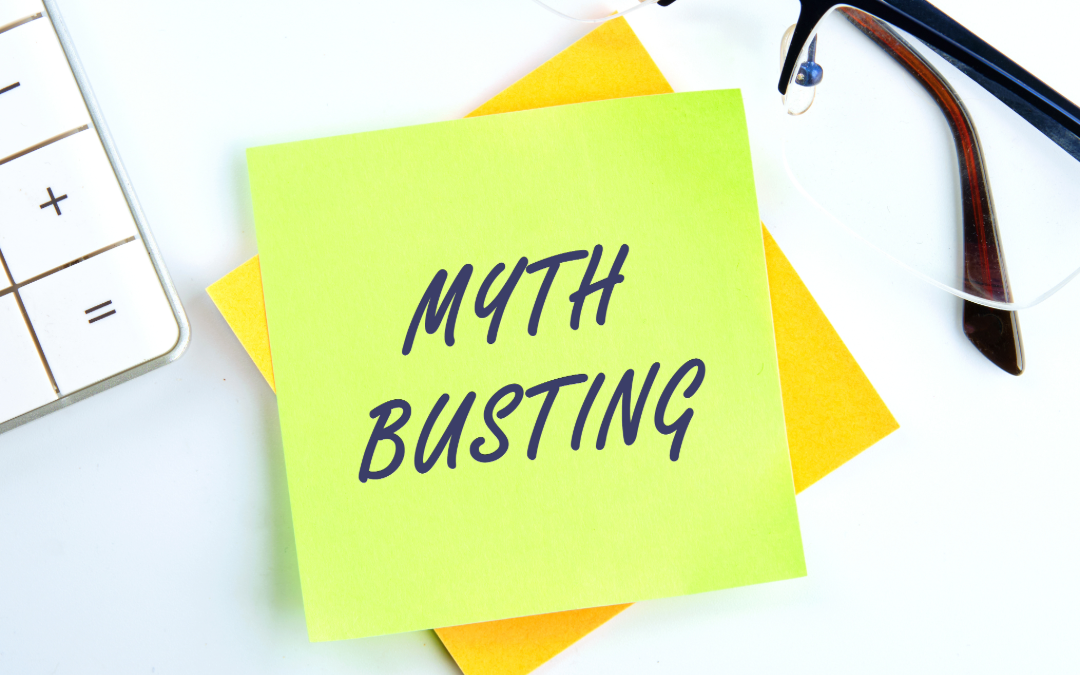Buying a home is a significant milestone, but several mortgage myths can create unnecessary confusion and stress. At Supreme Lending, we are committed to demystifying the home financing process and providing the accurate information you need. Let’s explore and debunk some common mortgage myths to help you make informed decisions.
Myth: Pre-Qualification Is the Same as Pre-Approval
One of the most common misconceptions in the mortgage process is that pre-qualification and pre-approval are the same. While both can estimate how much you may be able to afford, they differ significantly in terms of verification and reliability.
Pre-Qualification: This preliminary step provides a high-level estimate based on self-reported information such as income, debts, and assets. It’s quick and easy but less reliable since the lender doesn’t verify the information.
Pre-Approval: This involves a detailed assessment where you complete a loan application and provide documentation such as pay stubs, W-2s, and bank statements. The lender will also check your credit and verify your employment. Pre-approval gives a more accurate picture of your borrowing potential and may show sellers you’re a serious buyer.
Myth: You Should Always Choose a 30-Year Mortgage Term
While the 30-year fixed-rate mortgage is popular due to its lower monthly payments and stability, other options are available. Depending on your situation, different terms may be more suitable. Whether it’s a 15-year term to pay the loan off quicker or a 20-year term, Supreme Lending offers various mortgage terms to meet your specific needs. Be sure to explore all your options before deciding.
Myth: Applying for a Mortgage Will Hurt Your Credit
When you apply for a loan, the lender will perform a hard inquiry on your credit report, which might cause a slight, temporary dip in your score. According to Experian, this decrease is typically minor and temporary. Additionally, once you’re approved and make timely payments, your credit score may improve over time.
Myth: Down Payment Is the Only Closing Cost
Many homebuyers focus solely on the down payment, but there are several other closing costs to consider:
Origination Fees: Charged by the lender for processing the loan.
Appraisal Fees: To determine the property’s market value.
Escrow Funds: Prepaid property taxes and insurance.
Title Insurance: Protects against potential disputes over property ownership.
Understanding these costs upfront may help you better prepare for the financial aspects of closing a loan.
Understanding the Mortgage Process
At Supreme Lending, we aim to provide you with the knowledge and support needed to navigate the mortgage process confidently. By debunking these common myths, we strive to empower you to make informed decisions on your homebuying journey.
Contact Us Today!
If you have any questions or need further assistance, our team of home loan experts at Supreme Lending is ready to help. Let us guide you through the mortgage process with clarity and confidence.

